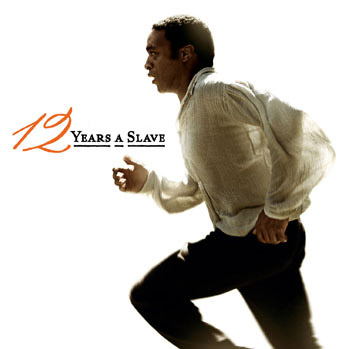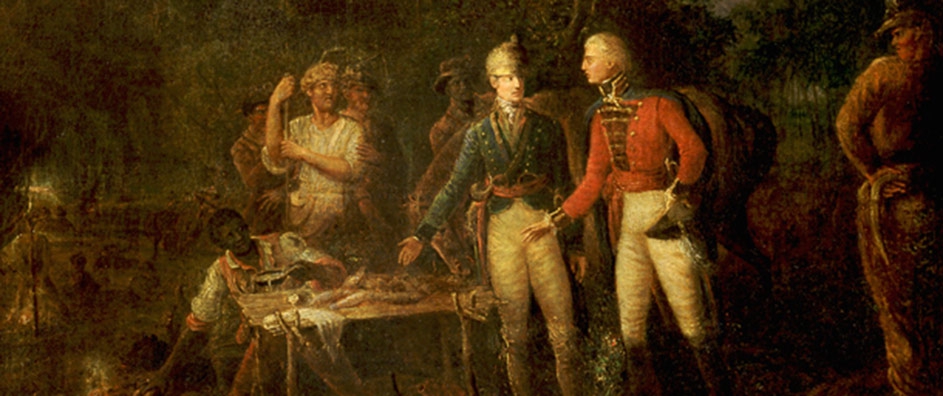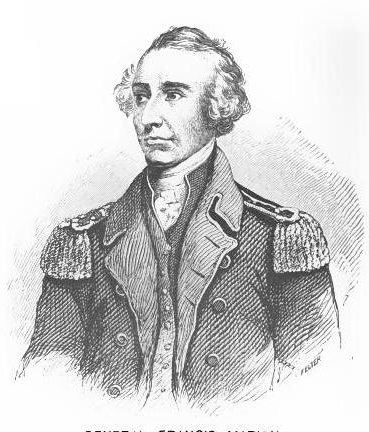The views expressed in our content reflect individual perspectives and do not represent the authoritative views of the Baha'i Faith.
The Best Picture Academy Award for the film 12 Years a Slave reminded me of a trip I took to a plantation several years ago.
In Charleston, South Carolina for a conference, I learned that dinner would be held at a nearby plantation, which had been turned into a museum. I grudgingly went, having very little interest in visiting the monument to racism and slavery that Southern plantations represent – or so I thought.
We rode a bus out into the countryside, and pulled up in front of exactly what you would expect – an imposing white building with tall Doric columns set in the middle of a huge, grassy yard surrounded by willow trees. If plantation s could be typecast, this one fit the bill.
s could be typecast, this one fit the bill.
We went inside for a docent-led tour. The docents, all southern women in antebellum crinoline and lace, showed us the inside of the mansion. They gestured at the expensive furniture, noted the fine architecture, and talked about the exquisite taste of the white planter family who had owned the place prior to, and I swear they used this exact term, the “War of Northern Aggression.”
I just about choked.
A life-long resident of the western part of the US, I hadn’t expected this blind cultural rewrite of history. So I excused myself, saying that I needed to get some air, and asked where the slave cabins were. This time, the docents choked.
“Why?” one of them asked, obviously offended. “No one has ever asked that question before.”
“You’re joking,” I said.
“Well,” another docent snorted derisively, “If you really want to see that, you best look out back. I think there’s one left.”
I wandered out back by myself, dusk falling. I could hear a river flowing somewhere nearby. Cicadas buzzed. And sure enough, out in back of the big main house, in some tall weeds, I found one slave shack. Obviously this wasn’t part of the normal tour.
The shack stood on raised timbers maybe three feet off the ground, paint peeling and siding warped. I hopped up onto a ragged old porch, not sure if the boards would hold me. I looked in through a doorless opening. The only light came through big gaps in the siding, and it striped a scarred and cracked bare plank floor with bars of light.
At that moment I had a mystical experience, something I still find hard to explain.
I saw, in a corner of that slave shack, a short, bow-legged white man in a military uniform, his back facing me, strike a much bigger black man who cowered in a corner. Neither man said anything – the only sound was the crack of the blow of the short man’s fist on the black man’s flesh.
Then they were gone. I shook my head hard, trying to see if what I had witnessed was a waking dream or just my imagination. The detail of their dimly-lit figures faded quickly. The shack, empty and silent for so long, had only allowed me a glimpse.
I stood there and thought about what I’d seen for a minute. I reviewed my mind’s memory of the scene. Then I shook it off, went back inside the main house for dinner, and left afterwards to go back to my hotel.
Later that night, I suddenly remembered something my departed grandmother had told me two decades before. A lifelong Southerner and a member of the Daughters of the American Revolution, I had asked her what the D.A.R. did. “It’s an organization of people who are related to the heroes of the Revolutionary War,” she had said. “And you, grandson, are part of that lineage.”
“Who am I related to?” I asked.
“Why, the same man I am,” she said. “Frances Marion. The Swamp Fox. He was my great-great-great-great-great-great-great grandfather.” She counted off seven “greats” on her fingers.
I barely had any idea who Frances Marion was, beyond the Disney TV series called The Swamp Fox I watched as a kid. So that night in the hotel I spent a few hours online reading about my distant relative. I found out that Francis Marion had learned guerilla warfare from fighting the Cherokees during the French and Indian Wars, then led a band of South Carolina soldiers into the Revolutionary War, where he gained fame by harassing and outfoxing the British in a series of hit-and-run battles and skirmishes.
But I also learned that Francis Marion owned a South Carolina plantation and hundreds of slaves.
I learned, too, that from birth my nine-times-great grandfather had been a small man with malformed legs. Long thought of as a hero – dozens of US towns and counties are named after him – it turns out he also had a reputation for raping his slaves and brutally hunting and killing Cherokees for sport.
Filled with feelings I couldn’t name, I turned to the Baha’i writings for some insight and some solace, and found this passage:
The enveloping clouds shall pass away and the heat of the divine rays will dispel the mist. The reality of man shall develop and come forth as the image of God his creator. The thoughts of man shall take such upward flight that former accomplishments shall appear as the play of children; — for the ideas and beliefs of the past and the prejudices regarding race and religion have ever been lowering and destructive to human evolution. – Abdu’l-Baha, Foundations of World Unity, p. 21.

















Comments
Sign in or create an account
Continue with Googleor